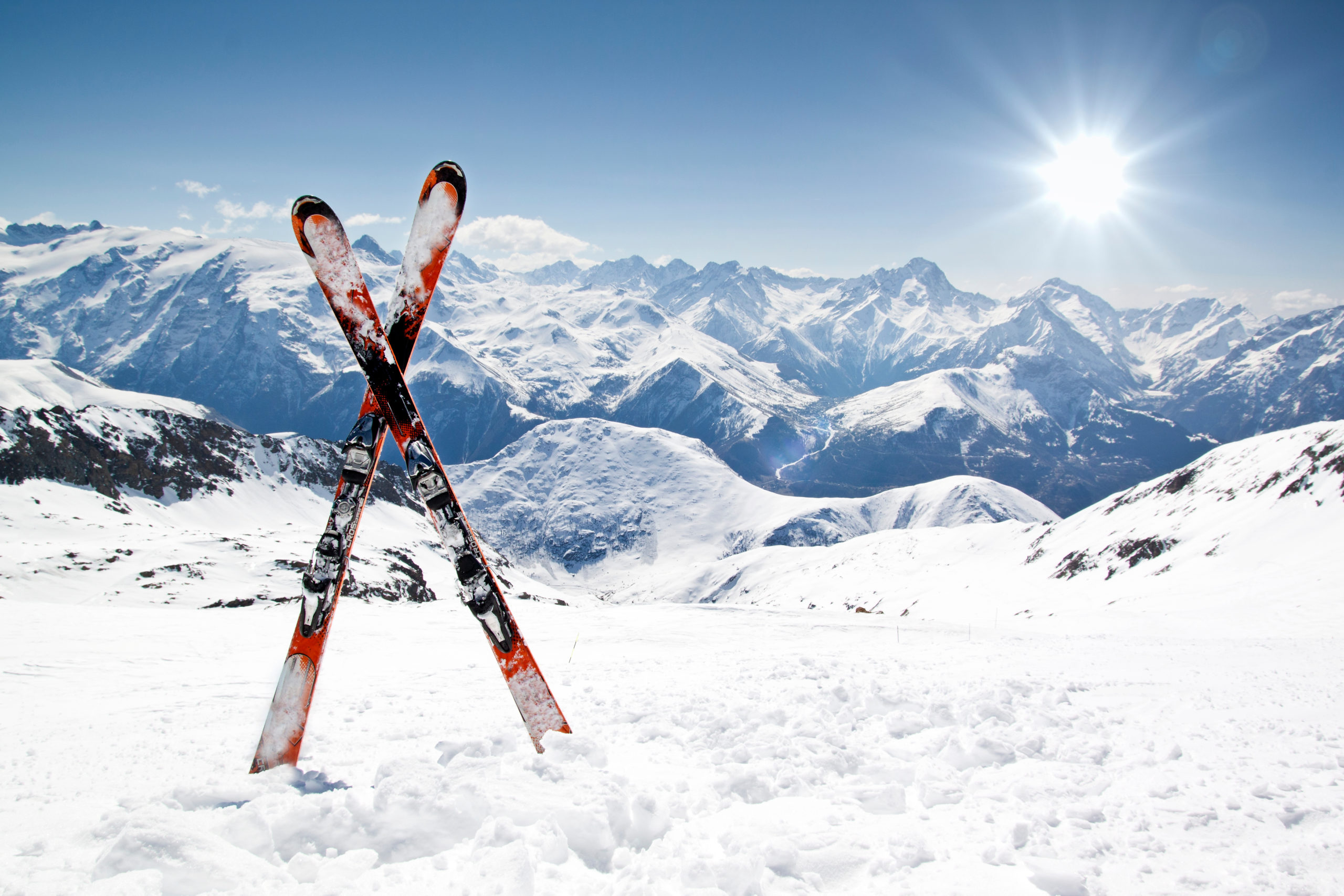
11 December 2023
Tips to Protect Yourself on a Skiing Holiday
It’s the time of year, particularly as we approach Christmas and New Year. Couples and families take to the slopes for an adventure-packed skiing trip. A ski holiday can be great fun, and full of adrenaline, but it doesn’t come without its risks, not only to accident and injury, but also to any rehabilitation required after them, and ongoing medical expenses. So, to avoid incident on and around the piste, here are some top tips to protect yourself when on a skiing holiday.
It may be tempting to borrow ski wear and kit from friends or family, but to make sure everything fits safely for your height and weight, shop for yourself before you go, or hire outer wear and equipment when you get to your resort.
Headgear
Protective head gear is an essential for a ski holiday, namely a ski helmet and goggles. The helmet, of course, protects you against falling and hitting your head, and goggles protect your eyes from anything that might bounce off the slope. Studies show that wearing a helmet whilst skiing can reduce head injuries by 30 to 50 percent.Back protection
It is becoming common for back protection to be worn when skiing, a type of wearable ski body armour with both hard-shell and soft-shell options.Knee, elbow and wrist pads
The first part of your body to hit the slopes in a fall will be a knee, elbow or wrist. Make sure they are protected with pads.Train before you hit the terrain!
It would be beneficial to get in shape prior to your skiing holiday. You can ski longer and better and avoid recovery days! A combination of aerobic and strengthening exercises in the lead up to your holiday would be the most beneficial; some gyms even offer ski conditioning classes, targeting the specific muscles you’ll be using on your holiday.Skiing within your ability
Whether you’re still on the nursery slope or you’re flying down those black diamond runs, stick to those you can safely ski and don’t get too maverick or ambitious! Even for an experienced skier, going off-piste may be dangerous and might not be permitted by your resort. Check your insurance policy, as you may not be covered for skiing off-piste unless you’re with a qualified guide. If you stay in tune with your body and what it is capable of, you’ll lessen the risk of muscle, ligament and bone injuries. It’s also wise to know when to call it a day, from skiing, before fatigue and risk of injury set in.Be aware of other skiiers
Stay alert and be aware of the skiers and snowboarders around you. Learn to read how they are skiing and how best to avoid them. Steer wide, and always look uphill to see who is coming, and how fast! Approach intersections of runs and blind spots with care. Slowing down on your skis to suss out oncoming skiers and how you can accommodate each other safely.Maintain contact
Make sure that everyone in your group has a charged mobile phone on them. This would help in case of emergency or someone getting separated.Stay hydrated
Ensuring you are hydrated is important when on a skiing holiday as it helps muscle performance, energy and cellular function. Drinking water also aids adjustment to high altitudes, preventing headaches. Carry water with you in packs or take frequent breaks to drink water, hot drinks or soup. Be aware that caffeine and alcohol dehydrate.Take it easy with après-ski!
Après-ski bars (and alcohol) can be a big part of a skiing holiday. Take care if combining skiing with alcohol consumption, as it could obviously heighten your vulnerability to accident and injury.Check your insurance cover
Make sure your travel insurance policy protects against accident and injury and would cover all medical expenses in the country you are skiing in. Having private health insurance, in general, may also be advisable when it comes to going on a skiing holiday in case there’s a period of rehabilitation and ongoing medical expenses following an accident. Private health insurance could provide a vital extra layer of protection, should you need it. Want to find out more? The team at Ascend Health can answer all your health insurance questions regarding holidays and your risk. Get in touch on 01245 449060 or by email, info@ascendhealth.com.Recent Posts
Ascend Broking
How AI is Revolutionising Fleet Safety
Ascend Broking
The Risks of Leaving Tools in Vehicles Overnight
Ascend Broking





